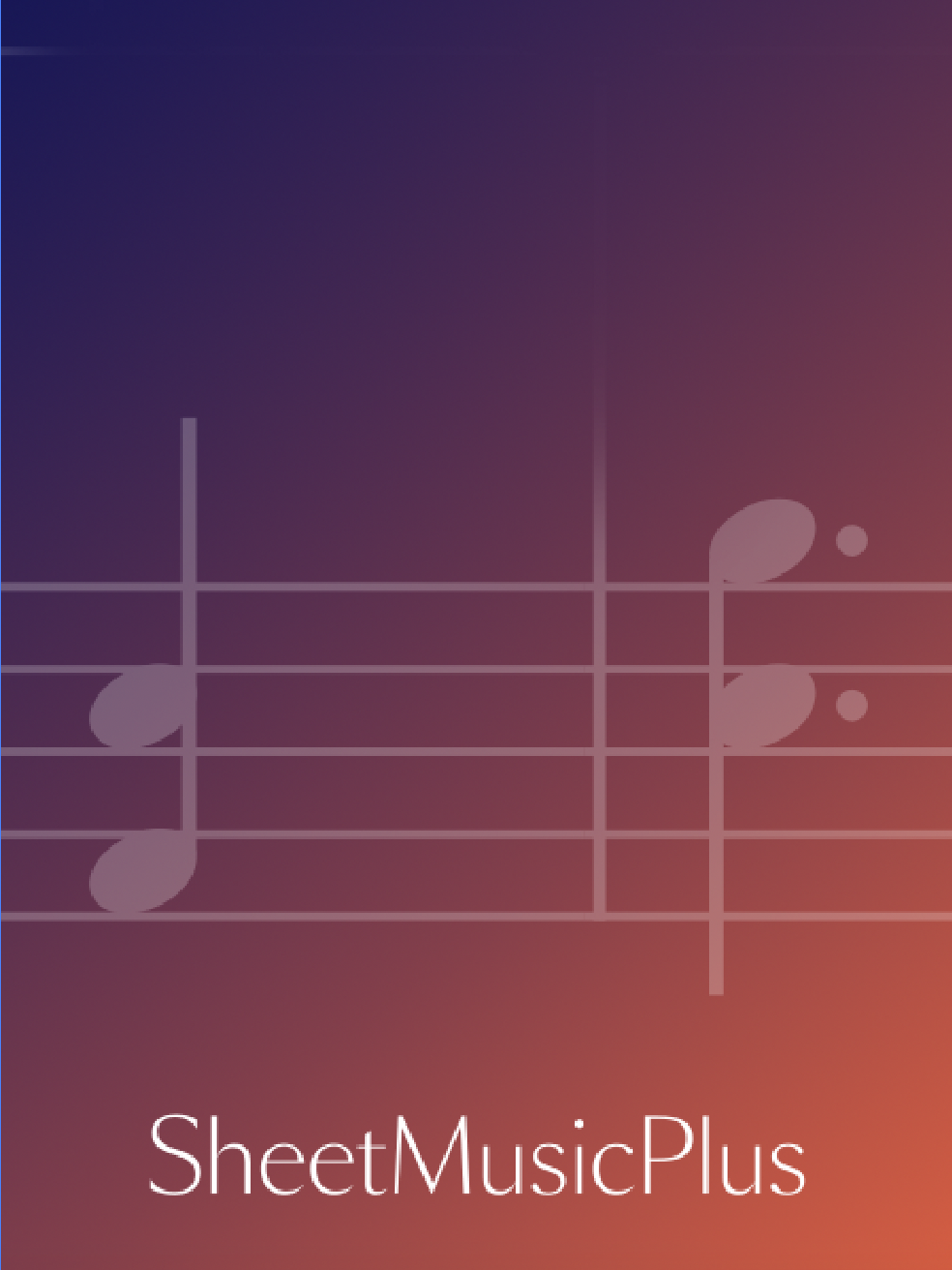Le Villi
Edizione critica a cura di Martin Deasy
Details
- Instruments
- Ensembles
- Genres
- Formats
- Usages
Description
SKU: BT.NR-14175500
Edizione critica a cura di Martin Deasy. By Martin Deasy. By Giacomo Puccini. UMPC Critical Editions. Score Hardcover. Composed 2020. 462 pages. Ricordi #NR 14175500. Published by Ricordi (BT.NR-14175500).ISBN 9788881920686. Italian.
Le Willis (1883 84) and its two act reworking Le Villi (1884 85: revised 1889) are Puccini's inaugural works in the operatic genre. Uniquely among Puccini's operas, neither version was ever published in full score, and both present significant textual problems. The manuscript of Le Willis was dismembered and reworked as the basis of Le Villi: and Ricordi's master hire score of Le Villi was destroyed in 1943--and with it an entire tradition of revisions and corrections. Successive editions of the printed vocal score of Le Villi are of very uneven quality. The new two volume Critical Edition is the fruit of an extensive recension of the surviving sources in the light of a collateral transmission in which authority is often shared between sources. As well as the autograph full scores, drafts and sketch materials (notably the composer's continuity draft) have been brought to bear on the numerous text critical problems that arise. Volume I of the Edition makes possible for the first time the performance of the one act opera Le Willis, reconstructed from the two parts of Puccini's manuscript held at the Morgan Library and Museum, New York, and the Archivio Ricordi, Milan. Le Willis emerges as a valuable addition to the limited repertory of one act operas, with a striking vein of symphonism that looks forward to Manon Lescaut. Seen in its true light--as an expression of the Milanese scapigliatura--the opera is revealed as musically and dramaturgically coherent in its own terms and well worthy of modern performance. Volume II contains the score of Le Villi in its final 1889 revision, based on the composer's autograph full score and the 1889 edition of the printed vocal score. Additional material is included in appendices, notably Roberto's original extended 1885 Scena. Besides the Critical Apparatus and Source Descriptions, a comprehensive Historical Introduction sheds light on the compositional history and context, hitherto obscured by hearsay and misunderstanding.
Le Willis (1883 84) e la sua rielaborazione in due atti Le Villi (1884 85: riveduta nel 1889) sono le opere d'esordio di Puccini nel genere operistico. Uniche tra le opere di Puccini, nessuna delle due versioni e mai stata pubblicata in partitura completa, ed entrambe presentano significativi problemi testuali. Il manoscritto de Le Willis e stato smembrato e rielaborato come base de Le Villi, mentre la partitura da noleggio de Le Villi di Ricordi e andata distrutta nel 1943, e con essa un'intera tradizione di revisioni e correzioni. Le edizioni successive dello spartito stampato de Le Villi sono di qualita molto disomogenea. La nuova Edizione Critica in due volumi e il frutto di un'ampia recensione delle fonti sopravvissute alla luce di una trasmissione collaterale in cui l'autorita e spesso condivisa tra le fonti. Oltre alle partiture complete autografe, anche bozze e schizzi (in particolare la bozza continuativa) hanno pesato sui numerosi problemi critici di testo che si presentano. Il Volume I dell'Edizione rende possibile per la prima volta l'esecuzione dell'opera in atto unico Le Willis, ricostruita a partire dalle due parti del manoscritto di Puccini conservate presso la Morgan Library & Museum di New York e l'Archivio Ricordi di Milano. Le Willis emerge come preziosa aggiunta al limitato repertorio di opere in un atto, con una spiccata vena sinfonica che guarda a Manon Lescaut. Vista nella sua vera luce, come espressione della scapigliatura milanese, l'opera si rivela musicalmente e drammaturgicamente coerente nei suoi termini e ben degna di un'esecuzione moderna. Il Volume II contiene la partitura de Le Villi nella sua revisione finale del 1889, basata sulla partitura completa autografa del compositore e sull'edizione del 1889 dello spartito stampato. Nelle appendici e incluso del materiale aggiuntivo, in particolare la Scena originale di Roberto estesa nel 1885. Oltre all'Apparato Critico e alle Descrizioni delle Fonti, un'esauriente Introduzione Storica fa luce sulla storia e sul contesto della composizione, finora oscurati da dicerie e incomprensioni.

 Share
Share